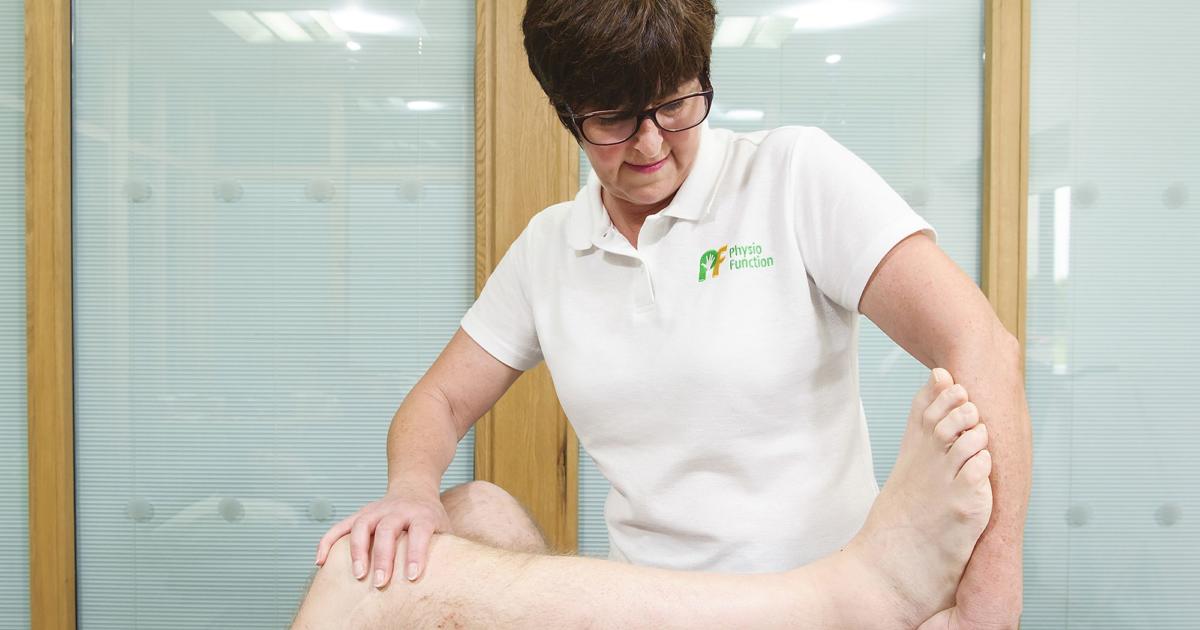What Is Physiotherapy?
Physiotherapy, also known as physical therapy, is a treatment method that aims to relieve pain, improve mobility, increase range of motion, and enhance a patient's quality of life. Physiotherapy can be used for both acute and chronic injuries and illnesses. For example, doctors may recommend it for patients recovering from joint replacement or other orthopedic operations, and the therapy is also helpful for individuals with cerebral palsy and other conditions that may reduce the function and mobility of the limbs. Patients who believe they would benefit from physiotherapy can choose to see a physical therapist directly, as there is not normally a need to obtain a physician's referral. Most patients have physiotherapy sessions for several months, and the therapist teaches the patient specific exercises to perform in between treatment sessions.
Where Do Physiotherapists Work

In 2018, thirty-three percent of physiotherapists worked in health clinics, including physical therapy centers, audiology centers, and centers for occupational and speech therapy. Over that same period, twenty-six percent of physiotherapists worked in hospitals. Others worked in nursing homes and rehabilitation centers. In addition to work in clinics, hospitals, and other healthcare settings, some physiotherapists provide in-home therapy sessions for patients who are housebound or recovering at home after surgery.
Physiotherapists can also be self-employed and provide therapy sessions through private practice. Physiotherapists who specialize in pediatric conditions may work in schools and provide in-school private sessions for children who need this service. Palliative care and hospice centers employ physiotherapists to help patients move in a way that minimizes pain, and therapists employed in these centers might assist in helping bedridden patients change position regularly to prevent pressure sores.
Problems Physiotherapy Treats

Physiotherapy is perhaps most well-known for its use in the treatment of musculoskeletal conditions and sports injuries. Physiotherapy exercises can help with symptom management, pain relief, and recovery for individuals who have back pain, knee injuries, and rotator cuff or other shoulder injuries. Patients frequently see a physiotherapist for treatment of upper limb conditions such as tendonitis, tennis elbow, carpal tunnel syndrome, and trigger finger. Physiotherapists may choose to specialize in the treatment of a certain patient population or certain medical conditions. For example, some specialize in pediatric care for children with cerebral palsy, developmental delays, or muscular dystrophy.
Physiotherapy is typically recommended as part of symptom management for cystic fibrosis, and patients with cardiopulmonary conditions such as chronic obstructive pulmonary disease might also be treated with physical therapy. Patients living with neurological conditions such as Parkinson's disease, multiple sclerosis, or traumatic brain injuries are treated by specialist physiotherapists, and physiotherapy is beneficial for the treatment of pelvic floor dysfunction, urinary incontinence, and lymphedema.
